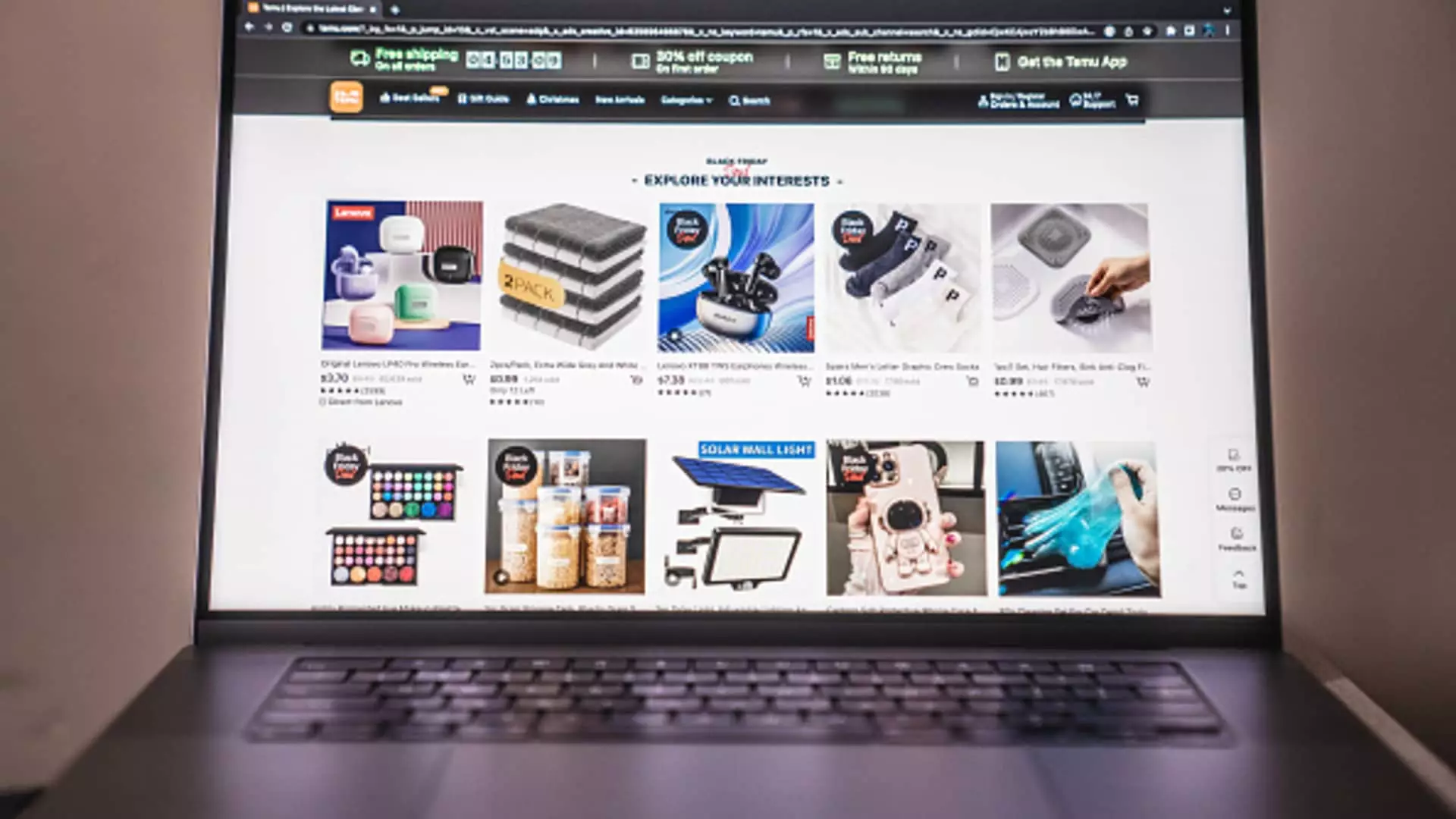Recently, two U.S. Consumer Product Safety Commission members, Peter Feldman and Douglas Dziak, have raised concerns about the safety practices of “foreign-owned” e-commerce platforms like Shein and Temu. They specifically highlighted the alleged sale of “deadly baby and toddler products” on these platforms, prompting a call for a thorough investigation. The focus of this inquiry includes examining the safety and compliance controls of Temu and Shein, their relationships with third-party sellers and consumers, as well as the representations they make when importing products.
Concerns Over Product Safety
The issue at hand came to light when it was reported that Temu was offering padded crib bumpers and Shein was selling children’s hoodies with drawstrings, both of which are considered safety hazards in the U.S. market. These instances have raised red flags about the lack of stringent safety measures in place on these e-commerce platforms. While Shein has reassured customers that safety is a top priority and pledged to enhance compliance programs, including working with testing agencies, questions remain about the efficacy of these efforts.
The Rise of Discount Retailers
Shein and Temu have gained immense popularity in the U.S. by capitalizing on online marketing and offering budget-friendly products sourced from China. These discount retailers have garnered attention for their explosive growth and multi-billion-dollar valuations. Shein, in particular, has utilized aggressive advertising strategies on platforms like Google and Facebook to drive expansion. Temu, owned by PDD Holdings, made a splash in the U.S. market with a significant marketing push, highlighted by its “Shop Like a Billionaire” TV commercial during the Super Bowl.
One key factor contributing to the success of Shein and Temu is the de minimis exemption, a trade loophole that allows packages valued under $800 from China to enter the U.S. duty-free. By leveraging their relationships with manufacturers and suppliers in China, these e-commerce platforms can offer consumers a wide range of products at attractive prices. However, this loophole has also raised concerns about the quality and safety of goods entering the U.S. market unchecked.
The CPSC is facing challenges in monitoring emerging e-commerce platforms like Temu and Shein due to limited resources. Calls for additional funding to hire staff dedicated to monitoring these platforms have been made, reflecting the need for stronger regulatory oversight. Lawmakers are also paying attention to the practices of these e-commerce giants, signaling a growing scrutiny of their operations in the interest of consumer safety.
The safety concerns surrounding foreign-owned e-commerce platforms like Shein and Temu highlight the need for robust regulatory measures to safeguard consumers. As these platforms continue to grow in popularity and influence, it is essential to address gaps in safety practices and compliance controls to protect the well-being of customers. By heeding the calls for investigation and bolstering regulatory oversight, the industry can work towards ensuring the safe and responsible distribution of products in the digital marketplace.



Leave a Reply